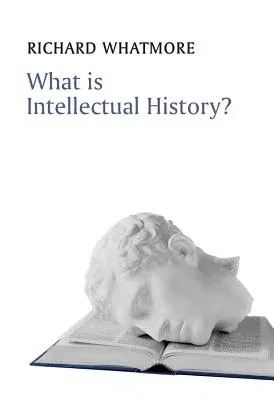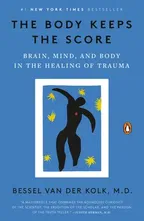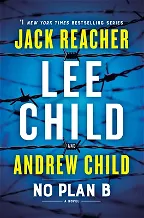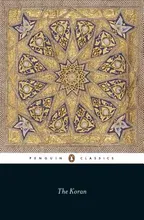What is intellectual history? Those who practice intellectual history
have described themselves as eavesdroppers upon the conversations of the
past, explorers of alien ideological worlds, and translators between
historic societies and our own, while their critics have often derided
them as narrow-mindedly studying the ideas of dead white men. Some
consider the discipline to be among the most important in the humanities
and social sciences because it facilitates a better understanding of
contemporary ideological programmes and facilitates their rational
evaluation.
In this engaging and refreshing introduction to the field, Richard
Whatmore begins by examining the historical development of intellectual
history, before dissecting its various methodological debates. He
presents various alternative ways in which we should think about
intellectual history, as well as presenting his own very clear
definition of the field. Drawing on a wide range of historical examples,
Whatmore shows how ideas - philosophical, political, religious,
scientific, artistic - originated in their historical context and how
they were both shaped by, and helped to shape, the societies in which
they originated. He ends by casting a critical eye over the current
state of intellectual history, and a brief discussion of how it might
develop in the future.
What is Intellectual History? will become an essential textbook for
scholars and students of intellectual history, philosophy, politics, and
the humanities.













